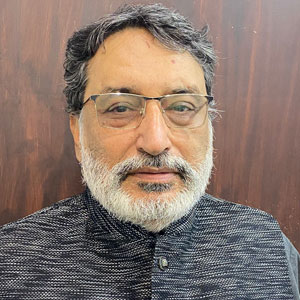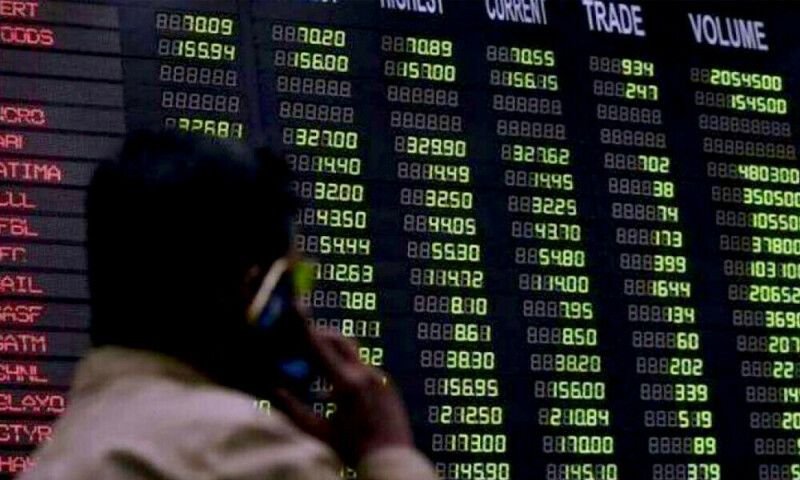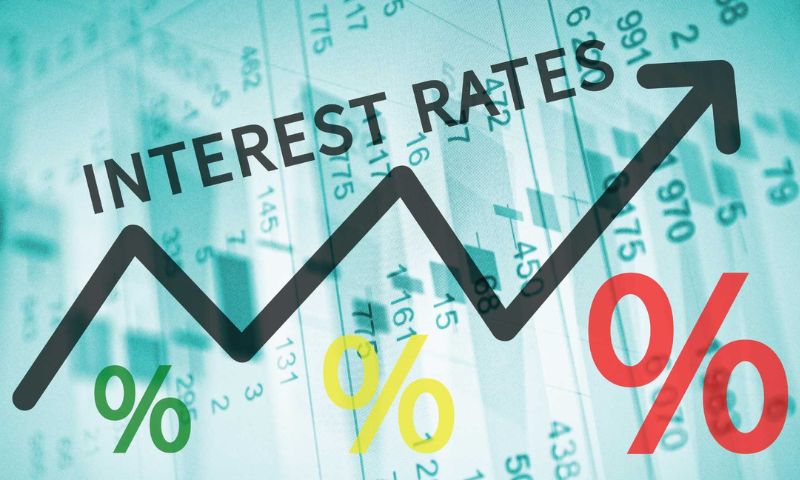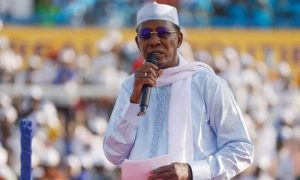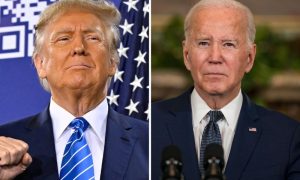Pakistan Stock Exchange recorded a historic growth during the current fiscal year on the back of renewed interest from local and foreign participants whereas some of the key developments which bolstered the investors mood was the positive nod from the International Monetary Fund with promise of continuous support on the reform agenda.
The journey of the stock market commenced from 41452 points at the start of the current fiscal year with the market capitalization or the share value of 100 shares were around Rs 6,369 billion while currently it stood around 70,909 points with the market capitalization of Rs 9,833 billion.
The index recorded a significant rise of almost 71%, where the market capitalization soared by 54% in terms of rupee. The market capitalization was around $22 billion at the start of the fiscal year while currently it stood around $35 billion, the gain in dollar terms was nearly 57%. The market cap is still way behind the coveted $100 billion attained in March 2017 when the last index soared crossing 50,000 points level.
Despite reaching a new high, the Price to Earnings ratio or PE is still 5 multiples which indicates that the market has still potential to go up with fundamental stocks that could be tracked for investment purposes.
There have been several factors which boosted the share values and index to touch new highs, one of the factors have been participation from the foreign fund houses and foreign individual investors in the local stock market.
Looking at the figures compiled by National Clearing Company of Pakistan or NCCPL, during July 1, 2023 to April 19 2024, foreign fund houses’ participation amounted to $117 million. Of these foreign individuals bought shares worth $1.2 million while foreign corporations bought shares amounting to $125 million, but overseas Pakistani were net sellers of the equities totaling at $9.8 million.
In the last fiscal year net foreign buying was paltry $1.5 million of this foreign individuals’ bought shares of $23.9 million and overseas Pakistani bought $45 million while foreign corporations were net sellers of $67.4 million.
As per data collected, the gain in index was mostly centered on commercial banks, fertilizer, oil and gas exploration companies and power generation and distribution units, where from almost 29000 points improvement, nearly 19,000 points arrived from these sectors.
Commercial banks gained on strong earnings due to higher interest rate scenarios which boosted the net interest margins. The government was the biggest borrower where the latest numbers revealed from the State Bank of Pakistan stated that borrowing from banks during the nine months of the fiscal year was around Rs 4.7 trillion whereas in the same period a year ago the borrowing stood around Rs 2 trillion. This showed how thirsty the government has been to keep on increasing their reliance on borrowing, a costly borrowing during the period.
Another factor which boosted the earnings of the banks was the gain made on the foreign exchange dealing. In 2023 foreign exchange dealing helped procure earnings of Rs 94 billion which slipped from Rs 96 billion in 2022 while in 2021 the earning from this head was nearly Rs 49.4 billion. The huge jump was due to fast depreciation of the Pakistani rupees vis a vis dollar where according to the market experts the banks mostly gained from arriving of dollar flow from exporters and overseas Pakistani, fetching huge premium on each dollar from importers.
This followed the government to slap 40 percent tax made from the foreign exchange earnings, but banks moved to court where decision was withheld.
Fertilizer, oil and gas exploration and power companies were in the buying chart on grounds that these sectors would pay healthy dividends with share values on the lower side enticing fresh buying from individuals, foreign fund houses, mutual funds and investment houses.
Macro development also played like a catalyst mostly for the happening on the International Monetary Fund. Pakistan successfully completed the nine months standby Agreement with IMF amounting to $3 billion where around $1.9 billion has been disbursed while Executive Board of IMF will soon approve final $1.1 billion for the country boosting the foreign exchange reserves.
Moreover the Finance Minister Muhammad Aurangzeb has indicated in a recent outing to Washington where he met Presidents and other high officials of IMF, World Bank, JP Morgan, Deutsche Bank, IFC and Chinese Finance Minister, displaying Pakistan reform agenda, expressing government has been working to improve tax collection, curtail losses at the energy sector, impair the health of state run companies, including Privatization of Pakistan International Airlines where its losses and debt reached to almost Rs 850 billion and digitalization of the economy.
The Minister also indicated that the government would agree upon signing a new agreement with the IMF amounting to $6 billion whereas efforts have been placed to procure additional loans from the IMF for climate change.
IMF team is likely to visit Pakistan next month to finalize the reform agenda and finalize contours for the fresh program which would be given final shape after federal budget with market expectations are visible that by July end Pakistan is likely to receive first installment from the new program by end July or first week of August.
Ali Nawaz, CEO of Chase Securities said that the surge in the KSE-100 index to yet another all-time high can be attributed to a combination of factors. Firstly, positive corporate performance by listed companies, characterized by revenue growth and profitability, has bolstered investor confidence in the market.
“Moreover, stable political conditions have contributed to a positive sentiment among investors, encouraging them to invest in equities”, he said.
Ali Nawaz further said that the foreign investors continue to accumulate positions in equity markets bringing in much needed liquidity into capital markets. “We expect market performance to continue due to political stability and strong corporate earnings”, he said.
Abdul Azeem, head of research at Spectrum Securities said that for the last quarter the market went up speedily owing to different factors, but the most contributing one¹, which has been circulating since then appears to be reaching its final stage, has been Saudi Arabia’s interest in investing in Rekio Diq. Assurance arriving from Saudi Arabia to park $1 billion in the project and initiating a plan to increase deposit by $2 billion to $5 billion in SBP coffer spread positive vibes among the domestic investors.
He said that the KSE100 index is expected to remain bullish in upcoming days primarily due to hope of a cut in interest rate. Furthermore, anticipation is high for a significant increase in foreign inflows as the IMF deal will be finalized in the upcoming days. However, escalation in geopolitical conflict will propel international oil prices towards a hike, posing a risk of increase in domestic oil prices, may escalate inflationary pressure and negatively impact the stock market.
Last but not the least, steady improvement in the domestic currency against the dollar also gave some soothing signals. The rupee during the current fiscal year or in nine and half months recovered almost 2.7% or Rs 7.70 from slight improvement in exports, remittances and some controls of the central bank not allowing free imports of goods. “With healthy inflows expected in coming months $1.1 billion from the IMF, $2 billion from Saudi Arabia and some $1 billion from World Bank, Asian Development Bank and AIB, rupee likely to gain more weight”, said one analyst.









